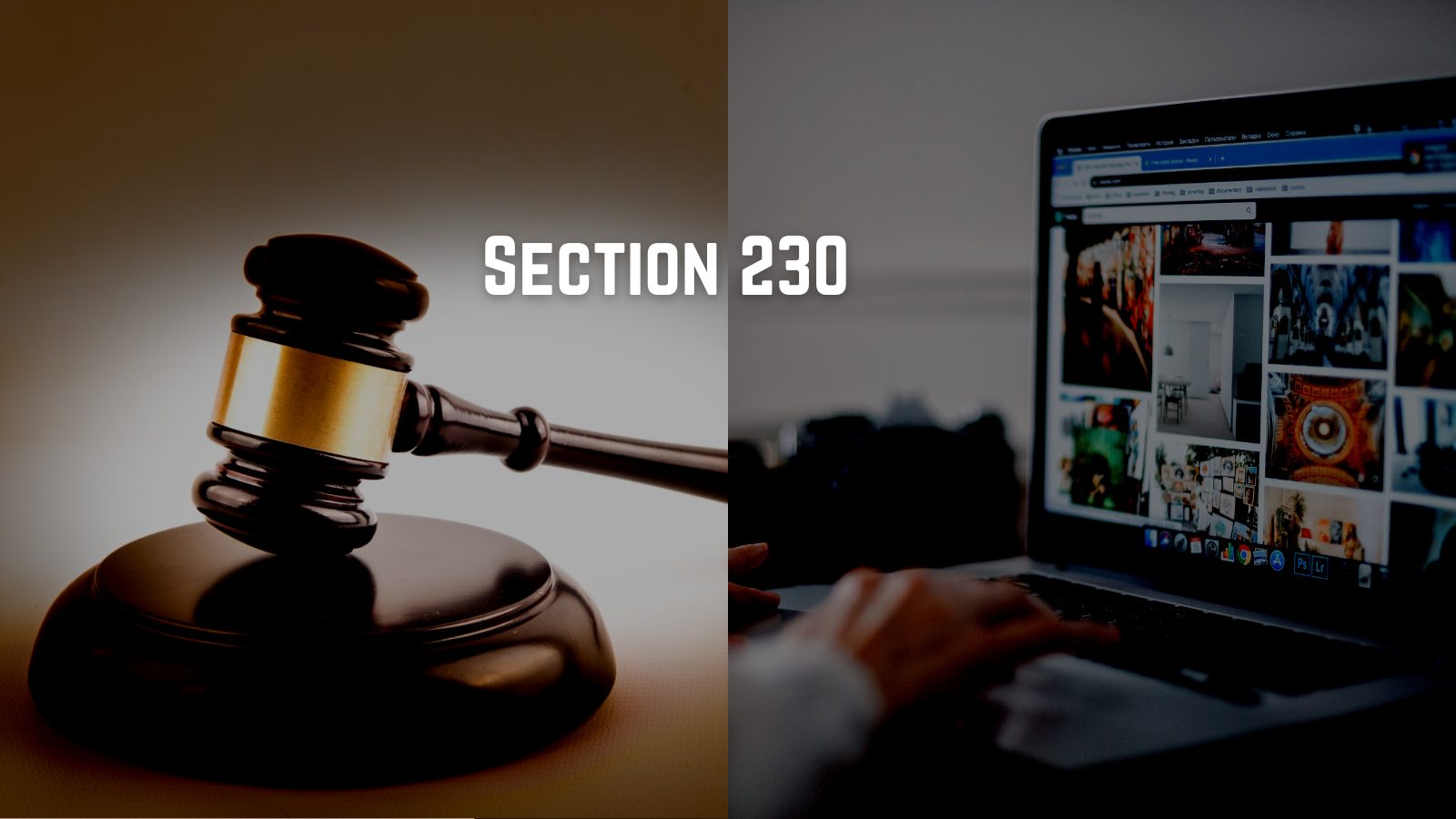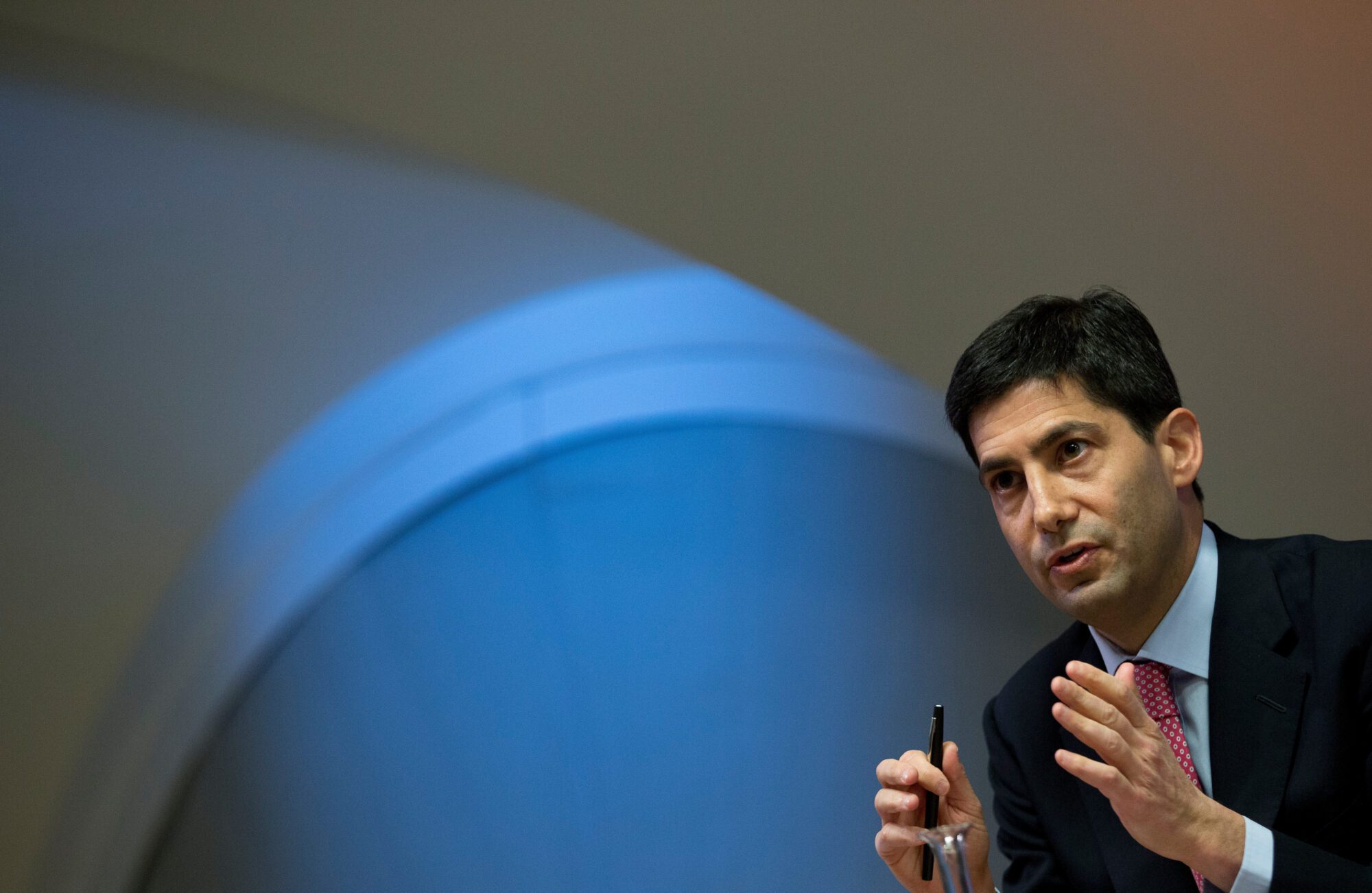
SCOTUS looks to definitively address the meaning of Section 230 which has been hotly debated in recent years.
Mississippi has joined a Tennessee-led coalition amicus brief before the U.S. Supreme Court in Gonzalez v. Google.
The case is the first time that the U.S. Supreme Court will definitively address the meaning of Section 230 of the Communications Decency Act. It was passed into law in 1996.
Many believe that the original intent of the legislation was to restrict free speech on the Internet.
“Section 230 has become a gaping loophole for Big Tech,” said Attorney General Lynn Fitch. “It is used to evade responsibility to consumers, to citizens’ free speech, and more. We must hold them accountable.”
The Supreme Court will be answering a single question with the case:
“Does section 230(c)(1) immunize interactive computer services when they make targeted recommendations of information provided by another information content provider, or only limit the liability of interactive computer services when they engage in traditional editorial functions (such as deciding whether to display or withdraw) with regard to such information?”
Section 230 says, “No provider or user of an interactive computer service shall be treated as the publisher or speaker of any information provided by another information content provider.” The long-held understanding of this passage would indicate that those who host an online platform are protected against laws that would otherwise hold them accountable for the content.
The legal protections provided by the code section are unique to the United States. European nations, Canada, Japan, and most other countries do not have similar statutes on the books.
The case came about after the murder of 23-year-old Nohemi Gonzalez in 2015. Gonzalez was killed in Paris, along with at least 130 other people from an ISIS-related terrorist attack. The family filed suit alleging that YouTube’s algorithms led users toward requirements videos for ISIS, ultimately making them, and their parent company Google, partially responsible for Nohemi’s death.
Google’s position has been that Section 230 protects the company from any liable due to what is published on their sites.
In trial court, it was decided that Section 230 meant a court could not consider whether the company might be liable or not.
The brief explains that the judicial expansion of internet “publisher” immunity has hampered the judicial ability to fix internet wrongs. It claims that Section 230 was intended to be a “narrow protection from defamation liability” and has now become an all-purpose license to exploit and profit from harmful third-party conduct.
If the Supreme Court reverses the lower court’s ruling to adopt a narrower interpretation based on the actual text of the statute, companies would no longer “claim blanket immunity.”
Other state’s joining Mississippi are Alabama, Alaska, Arkansas, California, Colorado, Connecticut, Idaho, Illinois, Indiana, Kentucky, Louisiana, Massachusetts, Minnesota, Nebraska, New Hampshire, New Jersey, New York, North Carolina, Oregon, Rhode Island, South Carolina, South Dakota, Tennessee, Vermont, Virginia, and the District of Columbia.
20221206154322634_21-1333 tsac States TN Final by yallpolitics on Scribd











